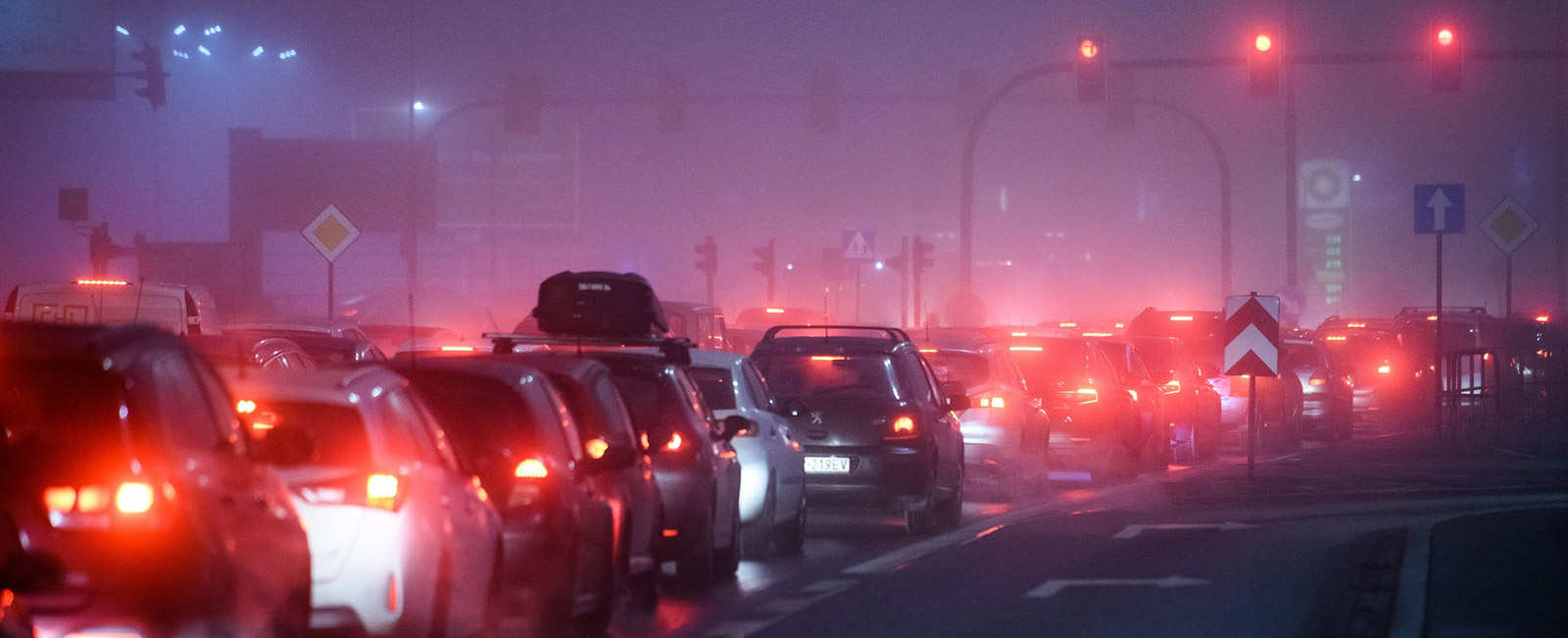Obligations / Co-operation
In the context of monitoring compliance with the Road Traffic Act and the detection of offences under the Road Traffic Act, the investigating officer may order you, the driver of a vehicle, to cooperate in an alcohol test. You are obliged to cooperate. If it concerns a breath analysis, this may only be ordered if there is a suspicion. If you have not drunk any alcohol, but have displayed such abnormal driving behaviour that you are suspected of driving under the influence, you are still required to cooperate with a breath analysis.
If there are no grounds for suspicion, the driver of each vehicle, the person who intends to drive a motor vehicle and the escort are obliged to cooperate with a preliminary breath test. These are the breathalyzer tests, for example, during large-scale controls. In contrast to breath analysis based on suspicion, this does not usually take place at the police station. If you have not drunk any alcohol and have not displayed any abnormal driving behaviour, you may still be required to breathe. (Article 160 paragraph 5 sub b WVW).
If you are suspected of driving (driving any vehicle) under the influence of more alcohol than permitted, you may be stopped with your vehicle. If the investigating officer orders you, the driver of a vehicle, to cooperate in an alcohol check on the grounds of suspicion, you are obliged to do so. Suspicion can arise, for example, from the results of the preliminary breath test. How does a suspected alcohol check work?
- Registration certificates for the vehicle and trailer, if applicable;
- Driver's License;
- If required: certificate of professional competence for drivers;
- If applicable: order granting exemption;
- If required: handicapped card.
(Article 160 paragraph 1 WVW)

1. Initially, the investigating officer may only order you to cooperate in a breath analysis. You are then required to blow into the device.
2. If a breathalyzer cannot be required for medical reasons, or if the suspect's cooperation does not result in a completed breathalyzer test, or if there is a suspicion that the suspect is under the influence of certain drugs or a combination of drugs and alcohol, the investigating officer may request permission to take a blood test.
3. If consent is not given, an authorized other person, often the (assistant) public prosecutor, may order the suspect to cooperate in the blood test. You are then obliged to comply with this order.
4. If you are unable to express your will, the amount of blood referred to in the sixth paragraph may be taken from you by a doctor or nurse with the permission of the public prosecutor, an assistant public prosecutor or one of the police officers appointed for that purpose by order of Our Minister of Security and Justice, unless it is plausible that this is undesirable for special medical reasons. The suspect must always have been given the opportunity to give permission first. If necessary, you may be ordered to cooperate and you will then be obliged to do so. If you refuse to cooperate, the blood sample will be destroyed.
If it transpires or there is a serious suspicion that you have drunk so much that you have committed a criminal offence, an official report will be drawn up and you will be obliged to surrender your driving licence to the investigating officer (Article 164, paragraph 1 of the WVW).
Need a lawyer for traffic criminal law?
Then contact us by phone at +31 40 369 06 80 or send an email to:
Mr. Tom Meevis, attorney at Law & More - tom.meevis@lawandmore.nl
Mr. Maxim Hodak, attorney at Law & More - maxim.hodak@lawandmore.nl

